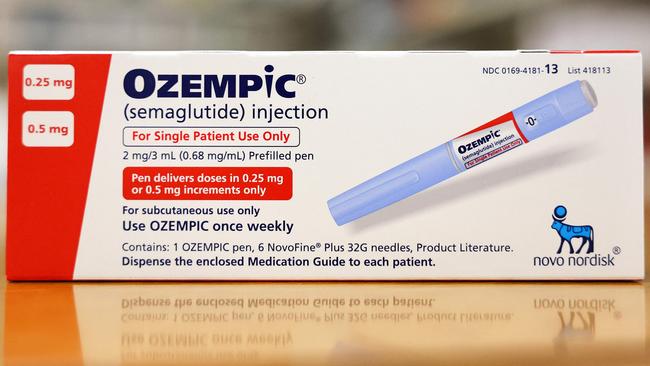Drug availability to be cut under new telehealth guidelines
Former deputy chief medical officer Nick Coatsworth warns medicine availability could be cut and young and rural Australians could suffer if the crackdown goes too far.

Australian Patients Association Health Reform Ambassador Nick Coatsworth has criticised the Medical Board of Australia for prematurely opposing telehealth guidelines which allow doctors to prescribe drugs without real time action with patients, as he urged the body not to go too far in regulating telehealth companies.
The former deputy chief medical officer has warned that young and rural Australians could suffer if new regulations crack down too hard on telehealth companies prescribing crucial drugs.
He said the Medical Board of Australia’s early consultation paper sparked problems for doctors providing telehealth services after all major insurers removing medical indemnity insurance for online consultations.
“It was an unusual move for the Medical Board to state their position in this in the draft consultation paper which was effectively that they don’t support prescription unless there has been a real time interaction between doctor and patient,” Dr Coatsworth said.
“The big question is what happens to the tens of thousands of young Australians who are digitally aware and have come to utilise these types of services and if the regulator pushes too far to restrict them then the regulator will create an access problem for young and rural Australian.
“If they do go further … it‘s a significant worry for me in terms of problems it can create with access to medicines.”
The Medical Board of Australia has been investigating rules governing telehealth companies and is expected to report imminently.
A spokesman from MBA said there was no threat to telehealth services and that the availability of medicines for young people and those living in rural and remote areas would not be limited by the new guidelines.
The spokesman said automated prescribing by a medical practitioner could fall short of the MBA’s code of conduct that its draft telehealth guidelines aimed to “clarify how the long-accepted foundations of medical care and prescribing relate to an online environment”
The warnings come as telehealth companies selling controversial weight loss drugs move to push the government to implement national quality and safety standards ahead of an expected crackdown which could curtail their profit model.
Eucalyptus, a $560m weight loss company backed by Woolworths and the Mike Cannon Brookes-chaired Blackbird Ventures investment fund, has called for tougher regulation for the telehealth industry to ensure it is fit for purpose and patients receive “the best quality medical care”.
Eucalyptus, which is Australia’s largest weight loss start-up selling injection-based medications, has been heavily criticised by medical professionals who have questioned whether they are failing to meet telehealth regulations.
The company sells a drug called Saxenda, a different brand but comparable to the booming weight loss drug Ozempic, via its company called Juniper targeting women and Pilot targeting men.
Patients get access to the drug after taking a short online quiz followed by a consultation with a doctor via text message.
Eucalyptus clinical director Matt Vickers said telehealth providers must be regulated appropriately and consistently and that patient safety was “critically important” as the company denied allegations that it does not require photos or video calls for its prescription weight loss program.
Dr Vickers said the company was certified by the Australian Council on Healthcare Standards and that applying this standard to all telehealth providers would be “a good starting point”.
“For this to work we need to ensure telehealth providers are regulated appropriately, and consistently,” Dr Vickers said. “This is why we think the time is right for the federal government to implement national quality and safety standards that apply to the whole telehealth sector.
“We are calling on the government to work with the telehealth sector to proactively develop national standards so that patients receive the best quality medical care.”
Health Minister Mark Butler said national quality and safety standards already existed and that service providers should comply with them “regardless of service modality”. He said he was concerned about the rise of business models that had developed “at the fringe of telehealth practices”.
Royal Australian College of General Practice Nicole Higgins told The Australian that calls from telehealth providers for stricter regulation should be considered “with some circumspection” and urged the government to crack down on telehealth companies selling drugs without ever seeing patients face-to-face.
“I suspect this is a case of the sector realising that a long overdue crackdown is looming on the horizon, and they are hoping to head off new restrictions that will limit their operations,” Dr Higgins said.







To join the conversation, please log in. Don't have an account? Register
Join the conversation, you are commenting as Logout